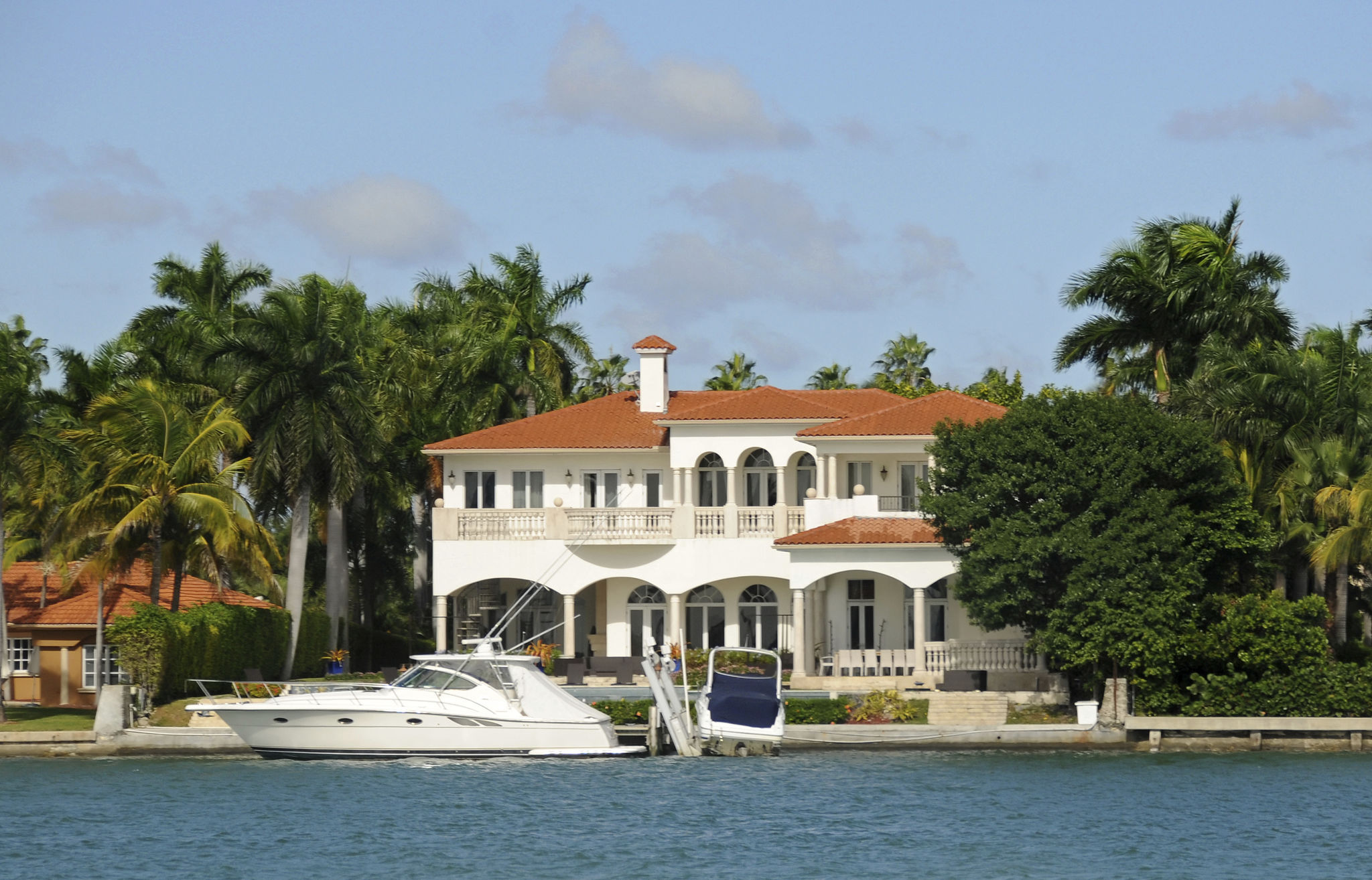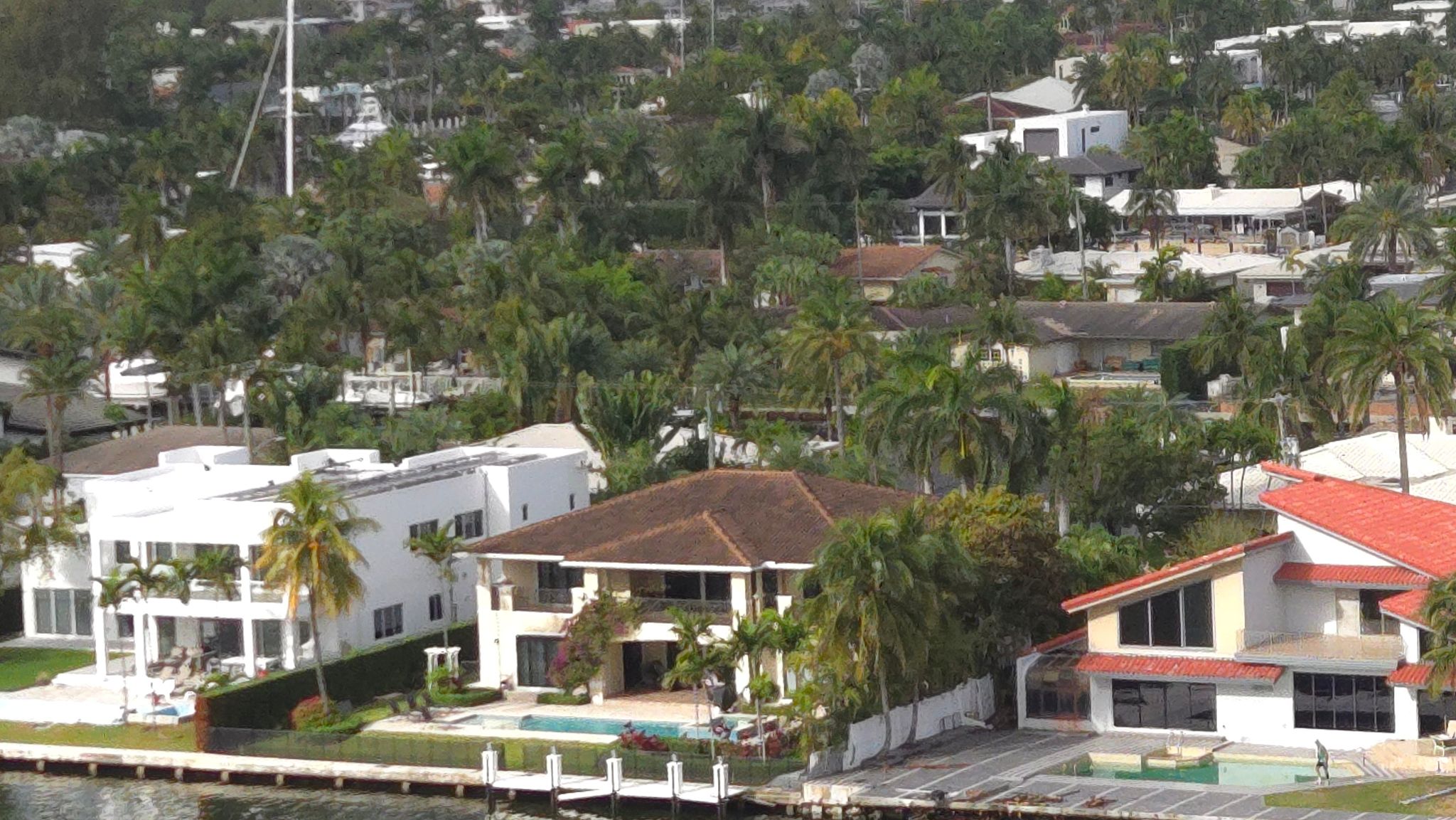Florida Foreclosure Bailout Loan
Foreclosure Bailout Lenders in Florida: Your Last-Minute Business Property Saving Guide
The clock ticks relentlessly for Florida business property facing foreclosure. Foreclosure bailout lenders often become their last hope. The statutory timeline marches forward and your property auction might be just days away, making it crucial to know your emergency options.
Foreclosure bailout loans offer a lifeline. These loans stop the foreclosure process by paying off your existing mortgage and typically close within five days. The interest rates exceed conventional financing rates, yet they give you quick access to funds without extensive income documentation or credit checks. Hard money loans prove especially valuable when you have Florida property since we based them on collateral. They can provide up to 70% combined loan-to-value.
This piece walks you through everything about foreclosure bailout lenders in Florida. You'll learn what these loans are, how they work, and the way to navigate their quick approval process. Time matters most as you try to save your home, so we'll give you everything you need to know.

What is a Foreclosure Bailout Loan and How It Works
A foreclosure bailout loan can save homeowners who might lose their property. Let's get into what these specialized loans really mean and how they work in real life.
Definition and purpose of a bailout loan
A foreclosure bailout loan helps homeowners who can't pay their mortgage or are about to face foreclosure. These loans give homeowners the money to catch up on missed payments and keep their loan active, which lets them stay in their homes.
The loans work in two ways - they either refinance the whole mortgage balance or provide just enough money to fix the defaulted loan. They give homeowners three main benefits:
- Immediate relief from foreclosure proceedings
- Credit protection by avoiding the severe damage of a completed foreclosure
- Home retention that prevents the upheaval of forced relocation
Private lenders, not traditional banks, usually provide these "hard money loans". This difference is vital because it changes how these loans work.
How it is different from traditional refinancing
Foreclosure bailout loans and regular refinancing are nowhere near the same in how they're approved and processed. Traditional refinancing takes months with lots of paperwork, but bailout loans can get approved in 5-15 days.
These loans look at your property's value more than your finances. Regular lenders care about credit scores and income, but bailout lenders will work with credit scores as low as 500.
The easy access comes with a price tag. Interest rates usually run from 8% to 15%, substantially higher than normal mortgages. On top of that, these loans last only 1-3 years, so borrowers need a clear plan to pay them off.
When to consider a foreclosure bailout
A foreclosure bailout loan might be right if you have:
- Imminent foreclosure with a scheduled auction date
- Temporary financial hardship but have the means to recover
- Significant equity in your property (typically at least 25%)
Need for immediate action when traditional refinancing isn't possible
These loans aren't limited to just single-family homes. If you own commercial real estate in Florida—think office buildings, retail spaces, industrial properties, or multifamily housing—you may also qualify, provided you have enough equity and foreclosure proceedings have already begun due to missed mortgage payments.
To be eligible, most lenders require that your property has sufficient equity and that you're already facing foreclosure because the mortgage is past due. In many cases, you must act fast to refinance your debt before the original loan matures, which is often the final line of defense against foreclosure.
While a foreclosure bailout loan can offer critical relief, it shouldn't be your first choice. Trying to modify your loan or arrange forbearance with your current lender is usually a better starting point. Bailout loans are a practical last resort when you've exhausted other options and need to move quickly to keep your home or investment property. If your long-term goal is to reorganize your finances, you might also need a bridge loan—essentially a short-term fix—to buy time while you secure permanent financing.
Key Features of Foreclosure Bailout Lenders in Florida
Florida's foreclosure bailout lending industry sets itself apart with a unique way to save properties from auction. These lenders give homeowners and investors new hope when they might otherwise lose their properties.
Fast approval and funding timelines
Time becomes precious when foreclosure threatens. Florida foreclosure bailout lenders look at applications within 24-48 hours and get funding ready in 5-15 days. Traditional bank loans take months in comparison. Global Capital Funding and similar lenders approve loans the same day and close in just 7-10 days. This quick process helps beat upcoming auction dates.

Asset-based lending vs. credit-based lending
Florida's foreclosure bailout lenders Global Capital Funding look at property equity rather than credit scores, unlike conventional mortgage providers. These asset-based loans don't need minimum FICO scores, which helps people with credit problems. The property's value, location, and features matter more to lenders than the borrower's financial past.
Loan-to-value (LTV) and property types accepted
Most Florida foreclosure bailout lenders cap their LTVs at 60-65% based on what the property is worth and its condition. Borrowers need substantial equity in their homes to qualify. These lenders work with a variety of properties including:
- Residential: homes, condos, townhomes, secondary homes, vacation homes
- Commercial: office buildings, retail spaces, industrial properties, and multifamily housing
Owner-occupied vs. investment property rules
Loan terms change based on whether someone lives in the property or uses it as an investment. Owner-occupied loans come with better rates because lenders see them as safer bets. Business owners must use at least 51% of their commercial space to qualify for owner-occupied status. Some Florida foreclosure bailout lenders focus only on investment properties, while others serve both markets with different terms.
Step-by-Step Process to Secure a Bailout Loan
Getting a foreclosure bailout loan follows an optimized process built for speed and ease. Florida homeowners who face foreclosure need to understand these steps that can help them keep their property.
1. Submit a simple application
The process starts with a straightforward application you can find online. You'll need to provide simple property details and information about your current mortgage situation. These loans differ from regular ones because they focus on key information to speed up pre-qualification. Florida's foreclosure bailout lenders usually review applications within 24-48 hours and respond quickly when time matters. You should start this process at least 120 days before your foreclosure sale date to have enough time.
2. Property valuation and underwriting
After you submit your application, the lender sets up a professional property appraisal to find its current market value. This review looks at your property's condition, similar sales, rental income potential (if applicable), and specific features that affect value. The underwriting process looks more at your property's asset strength than your income proof or credit history. This makes these loans available to borrowers who have credit issues.
3. Loan offer and terms
The lender presents loan terms based on your property's equity position once the valuation ends. Your loan amount usually ranges from 50-65% of your property's appraised value, depending on where it is and risk factors. Interest rates typically fall between 8-15% because these loans carry more risk. Most foreclosure bailout loans run for 1-3 years and often let you pay only the interest.
4. Closing and foreclosure prevention
The final part moves fast, and closings happen within 5-15 days after approval. The bailout loan pays off your existing mortgage completely during closing and stops the foreclosure process right away. The court dismisses any foreclosure proceedings after this, and you keep ownership while paying your new lender. This emergency bridge loan saves your property and gives you a chance to fix your finances and create a long-term plan.
When to Use a Bailout Loan and What to Watch Out For
Making a decision about a foreclosure bailout loan needs you to look closely at your situation. These specialized financial products have specific uses, and borrowers should know what they're getting into.
Short-term liquidity issues
Foreclosure bailout loans work best if you're facing temporary money problems rather than ongoing income issues. Without doubt, they give you quick relief if you've missed several mortgage payments but can bounce back financially. These loans are especially valuable if you have rental vacancies, market downturns, or unexpected property repairs that have drained your reserves. They give you quick access to capital so you can get your finances back on track while keeping your property.

Pending foreclosure auction
The clock becomes your worst enemy once your foreclosure hits the auction stage. Foreclosure bailout loans become crucial because traditional refinancing moves too slowly to stop an upcoming sale. These loans serve as a last-resort option after loan modification attempts fail. A Florida couple's story comes to mind - they saved their waterfront property in Broward County after fighting a 7-year foreclosure case and stopped the scheduled sale just days before it happened.
Exit strategies after using a bailout loan
Most foreclosure bailout loans run for 12 months, so you need a solid exit plan. Your main options include:
- Refinancing into a permanent loan after your finances and credit improve
- Selling the property on your terms once you're past the immediate foreclosure threat
- Making improvements to boost property value before taking either option above
Risks of high interest and short terms
These loans have real benefits but come with substantial risks. Interest rates usually range from 8-15%, which is substantially higher than regular mortgages. Short repayment periods of 1-3 years put pressure on you to improve your finances quickly. While helpful in a crisis, these loans add to your total debt and could lead to another foreclosure if your money situation doesn't get better. Many lenders actually plan for borrowers to default, hoping to profit from either high interest or eventually taking the property.
Conclusion
Foreclosure bailout loans are a great way to get a critical lifeline for Florida homeowners who might lose their property. In this piece, we've seen these specialized financial products provide quick funding when traditional options move too slowly to stop auction dates. These loans can stop foreclosure proceedings within days instead of months, despite higher interest rates and shorter terms.
These budget-friendly options work best when homeowners face temporary money problems rather than ongoing income issues. Your home needs substantial equity—at least 35-40%—for these asset-based loans to be viable. The quick approval process skips many traditional lending requirements, making them available even with bad credit.
The most important step before getting a foreclosure bailout loan is having a clear exit plan. After securing emergency financing, homeowners usually refinance into traditional loans, sell on their terms, or make strategic improvements to move forward.
Foreclosure bailout loans might cost more but ended up giving homeowners something priceless—time. This extra time helps people get back on their feet while keeping their homes. Florida residents facing foreclosure should match these options with their situation, budget and long-term housing plans before making this crucial choice.
FAQs
Q1. What is a foreclosure bailout loan? A foreclosure bailout loan is a short-term financial solution designed to help homeowners facing imminent foreclosure. It's typically provided by private lenders and can either refinance the entire mortgage balance or provide funds to bring the loan current. These loans often have higher interest rates and shorter repayment terms compared to traditional mortgages.
Q2. How quickly can I get a foreclosure bailout loan in Florida? Foreclosure bailout lenders in Florida typically offer fast approval and funding timelines. Many lenders review applications within 24-48 hours and can provide funding within 5-15 days. Some even offer same-day approvals with closings possible in just 7-10 days, which is crucial when facing an imminent foreclosure auction.
Q3. What are the requirements for a foreclosure bailout loan? These loans are primarily asset-based, focusing on the property's value rather than the borrower's credit score. You typically need substantial equity in your property, usually 35-40% at minimum. While credit scores are less important, lenders will evaluate the property's condition, location, and potential value. Both residential and commercial properties may be eligible.
Q4. What are the risks associated with foreclosure bailout loans? The main risks include high interest rates (typically 8-15%), short repayment periods (usually 1-3 years), and increased overall debt burden. These loans are designed as temporary solutions and require a clear exit strategy. If not managed carefully, they could potentially lead to another foreclosure if your financial situation doesn't improve.
Q5. What are some alternatives to foreclosure bailout loans? Before considering a foreclosure bailout loan, explore options like loan modification or forbearance with your current lender. If you have time, traditional refinancing might be a better option with lower interest rates. In some cases, filing for bankruptcy or negotiating a short sale might be alternatives to consider. It's important to assess all options based on your specific financial situation and long-term goals.
